🜂 EL EFECTO ÍCARO: Cuando la inteligencia humana vuela más alto de lo que puede sostener
¿Y si no somos más inteligentes, solo más desconectados? Un ensayo crítico sobre el desfase entre cerebro humano, tecnología y civilización.
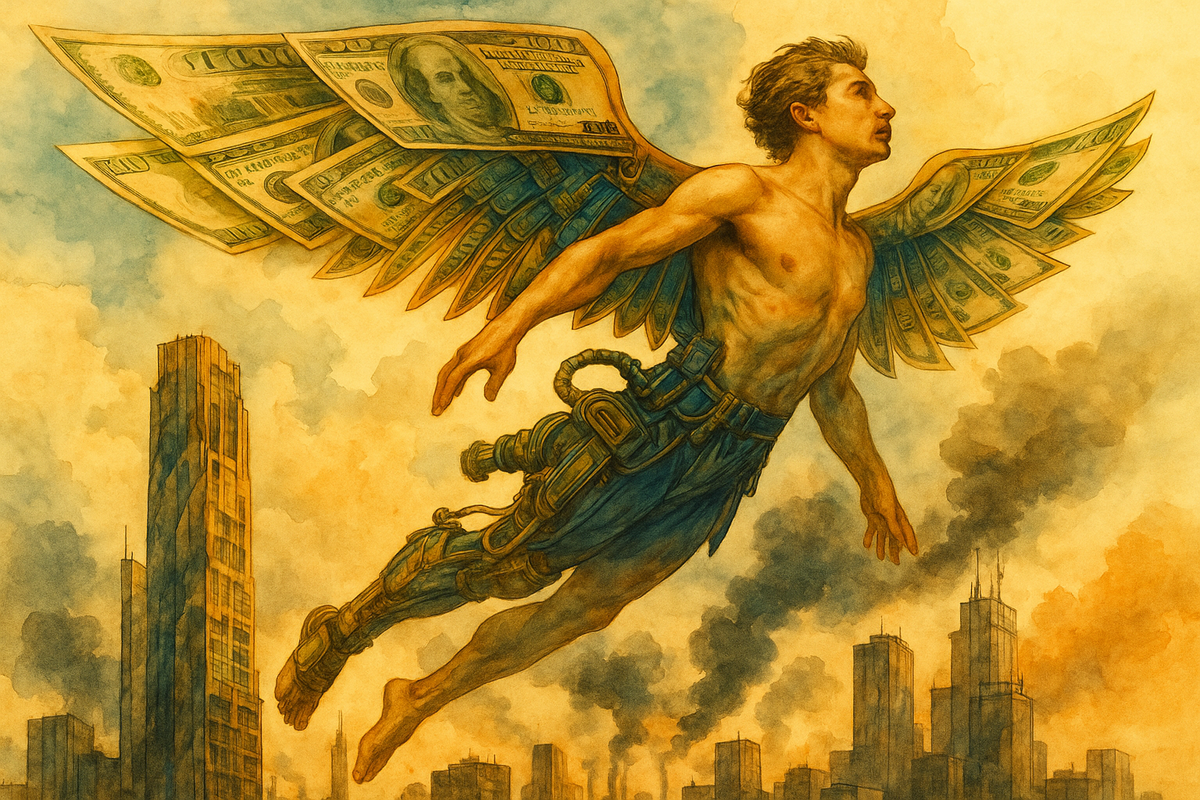
Usamos cookies para que esta web funcione como debe y para mejorar tu experiencia. No vendemos tus datos ni te perseguimos con anuncios.
Si has llegado hasta aquí, es porque sospechas que algo no encaja. En URBAWAKE no vendemos esperanza prefabricada ni titulares masticados: desmontamos narrativas para ver quién mueve los hilos y por qué. Hablamos de poder, tecnología y cultura sin dogmas ni banderas, con una mezcla de análisis, calle y memoria. Queremos ideas que molesten lo justo para despertarte, no para adoctrinarte. Si te interesa pensar en voz alta, cuestionar lo “normal” y recuperar el control de tu atención, pasa. Estás en tu sitio.
El podcast oficial de URBAWAKE: reflexiones directas, narrativas críticas y una mirada sin filtros a la realidad.
Escuchar ahoraRecibe un email semanal con artículos inéditos, ideas que incomodan y novedades del proyecto. Sin algoritmos, directo a tu bandeja.
Suscribirme gratis¿Y si no somos más inteligentes, solo más desconectados? Un ensayo crítico sobre el desfase entre cerebro humano, tecnología y civilización.

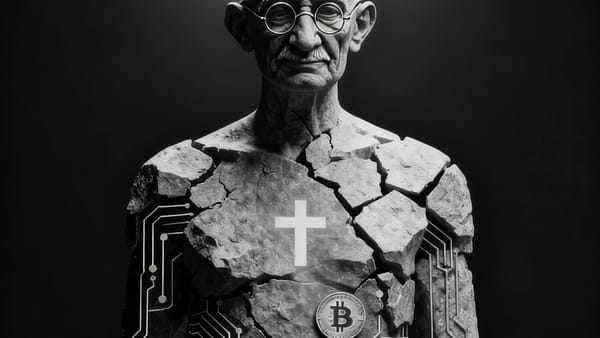
De la cruz al blockchain, el poder ha perfeccionado el arte de absorber cada revolución: domestica la fe, la moral y ahora la tecnología.
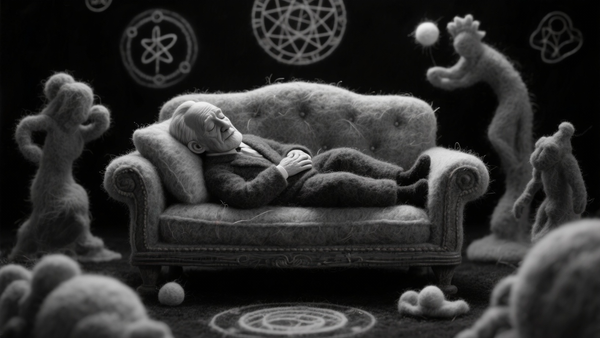
Antes de que existieran las redes, ya estábamos conectados por algo más profundo: una mente colectiva que habla con símbolos. Este artículo explora la visión de Carl Jung sobre los arquetipos universales y cómo, esos patrones invisibles siguen guiando nuestros mitos, decisiones y formas de pensar.
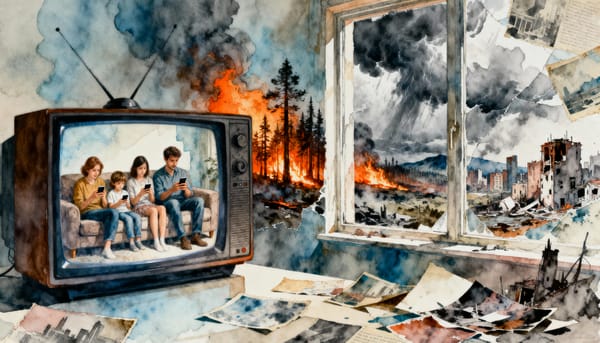
La sociedad del espectáculo convierte nuestra atención en mercancía. De espectadores pasivos a productos rentables: descubre cómo funciona la trampa.
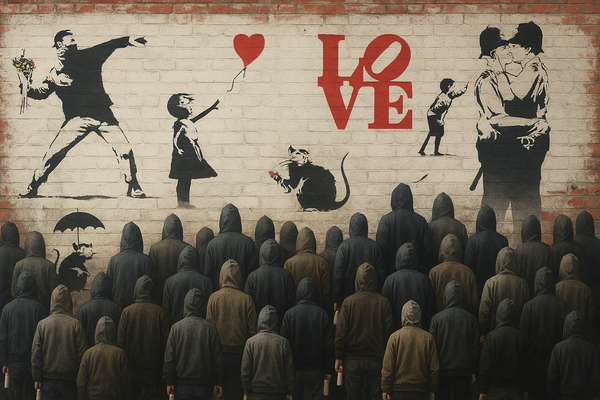
Banksy desarma la industria del arte con Exit Through the Gift Shop: documental irónico que convierte la contracultura en espejo del mercado.